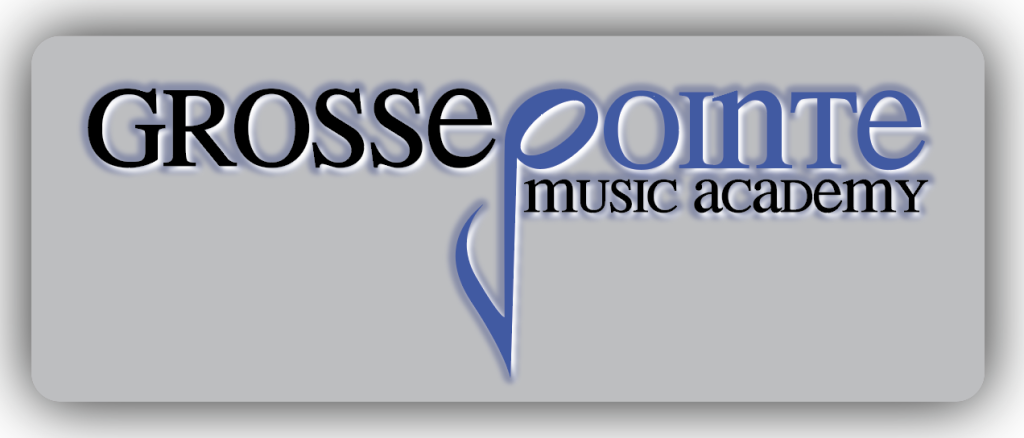What Really Helps Kids Succeed? Insights from Time.com
Commentary by Grosse Pointe Music Academy Staff
At Grosse Pointe Music Academy, we’re always exploring research that supports well-rounded education. A recent article from Time.com highlights 10 evidence-based strategies that help children become more successful — both in and out of the classroom. Here are some key takeaways, along with our reflections:
1. Music Lessons Matter
Research continues to confirm that musical training has cognitive benefits for learners of all ages. Music helps develop discipline, enhances memory, and even improves IQ scores and academic performance. Whether it’s piano, voice, or violin, lessons at any age contribute to long-term mental agility and emotional wellness.
2. Exercise Enhances Learning
Physical activity boosts brain function and improves vocabulary acquisition and memory. Combining music with movement — as we do in classes like Music Together — can be especially powerful for younger students.
3. Read With Your Kids, Not Just To Them
Interactive reading, where parents point out words and encourage participation, has been shown to significantly improve literacy skills, especially for early learners.
4. Sleep is Non-Negotiable
Even a small loss of sleep can impact cognitive development. The importance of rest is often underestimated but can make or break academic success.
5. Self-Discipline Beats Raw IQ
Habits like practicing regularly, showing up on time, and staying focused often predict success more accurately than intelligence alone. Music study is one of the best ways to build that self-discipline.
6. Active Learning Trumps Passive Consumption
Watching educational videos isn’t enough. Active engagement — like playing an instrument, solving problems, or writing music — leads to deeper learning.
7. Smart Treat Timing
Healthy eating supports brain function, but occasional treats during study time can enhance attention and performance. It’s all about timing and balance.
8. Happiness = Success
Students who are supported emotionally and socially tend to perform better academically. Positive environments, like our group ensembles and supportive teacher relationships, nurture both.
9. Peer Groups Shape Habits
Surrounding kids with motivated, curious peers encourages better study habits and learning behaviors. That’s why we believe in group classes and ensemble opportunities as part of the learning journey.
10. Belief Breeds Results
One of the most powerful forces in a child’s education is the belief of a parent or teacher in their potential. A supportive teacher who sees and nurtures ability can make a lifelong impact.
These findings are based on Time.com’s summary of insights from leading researchers in education, psychology, and neuroscience. You can explore the full article here:
👉 10 Things Science Says Will Help You Raise Successful Kids (Time.com)
We’re proud to help students of all ages grow through music — intellectually, emotionally, and creatively. Interested in lessons or classes? Contact us today.
Henry Bahrou
Guitarist, Music Theorist, Music Academy Director
Grosse Pointe Music Academy


Leave a Reply